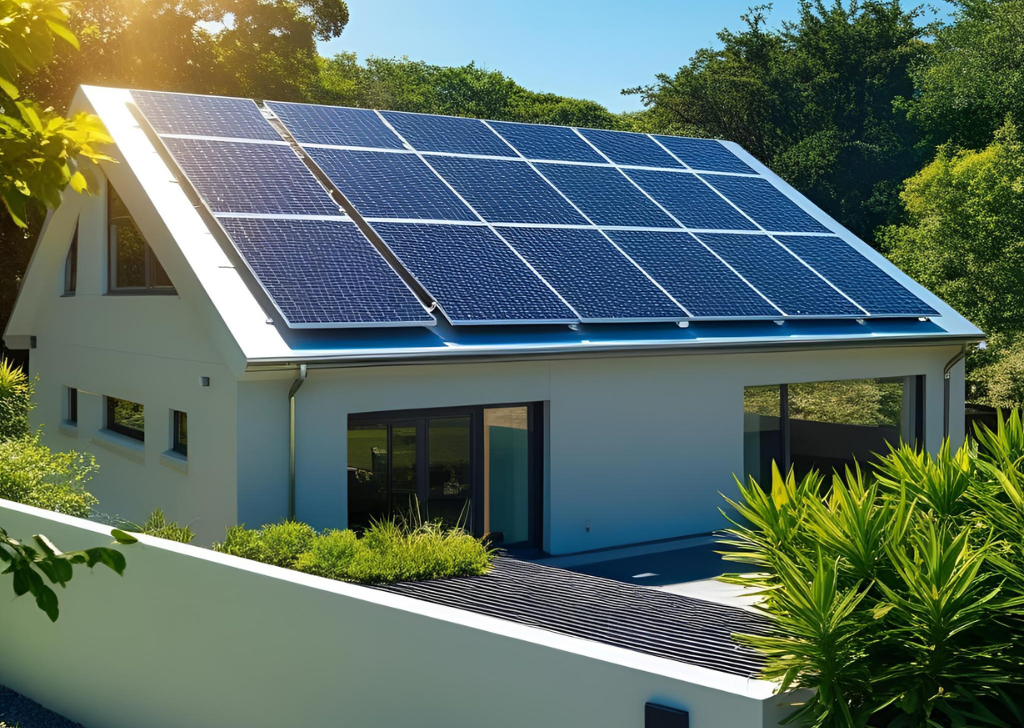Saving money on everyday expenses does not have to be a hassle. With an abundance of apps that might help you save money, you might find that it is as easy as pressing a few keys on your smartphone. Although technology might assist in automating your savings, altering your financial habits is the most crucial thing you must accomplish to save money every day. You have the opportunity to deliberately assess every purchase and avoid the urge to overpay by developing a more conscious awareness of your spending patterns. You will not only save money but also increase your purchasing power if you take a little more time to think about where your money is going. Consider these suggestions when you make future purchases and if you want to save money.
Establish Your Budget
Establish a structure for budgeting and determine the areas in which you spend your money to reduce expenses. To begin, figure out how much you spend each month and where you might make savings. Living expenditures, transportation, food, communication and technologies, necessities, health and well-being, entertainment, and charitable contributions are all included in this. Determine which categories are subject to negotiation. Living expenditures and entertainment are examples of necessities that should be left alone. Reallocate some money if you wish to switch utility suppliers or relocate to a less costly area. However, the causes you are enthusiastic about will suffer along with the economy. To guarantee a sustainable budget, think about reducing spending in less important areas like living expenditures, like frequently dining out and online shopping. This strategy will assist you in staying on course and making educated decisions about your expenses.
Minimize Your Utility Bills
Household expenses can be significantly impacted by gas and electricity bills. Use energy-efficient light bulbs, such as LEDs, which consume 70% less energy and last up to 25 times longer, and unplug gadgets when not in use to reduce your expenses. Due to the growing popularity of the energy comparison market, look for lower energy rates. By adjusting the thermostat, you may save your yearly energy expenses by up to 10%. Plan temperature adjustments for when they are not in use by using programmable thermostats. To avoid wasting power, look for air leaks in your windows, doors, and vents. For a low-cost fix, use insulating tape to seal these locations. By circulating the air in your house, ceiling fans may keep you warmer and cooler while using less energy and preserving comfort. Plan your shopping trips in advance and use less petrol to cut down on daily costs. Reduce utility expenditures by decreasing or shutting off your air conditioner and modifying your thermostat and heating. For long-term savings, spend money on solar panels or appliances that are energy-efficient.
Save Money on Transportation
Biking or taking public transportation in your neighborhood might help you save money on transportation costs. If the public transportation infrastructure in your city is strong enough to replace your automobile, it can be more affordable than gas. Using a bike instead of a car might potentially save money if your city is bikeable.
Over time, you may save a significant amount of money by eliminating gasoline, maintenance fees, and car payments. Biking or taking public transportation might also help you avoid using ridesharing applications, which can get pricey over time. You may lower your total expenses and save money on your electricity bills by putting these tips into practice.
Make Automated Payments
With hectic schedules and stressful lives, it is possible to forget to make certain bill payments on time. The costs of late penalties might be substantial. You may set up automated payments for most of your bills to guarantee timely payment and prevent late penalties. Generally, autopay is available for a wide range of regular costs, including credit card payments, utilities, insurance premiums, mortgages, and auto loans. You may arrange for each bill to be paid on a certain date by using your bank’s automated bill pay tool. Certain suppliers have an autopay function that enables you to permit them to deduct payments from your bank account on a specific day. Saving time by eliminating the need to manually pay your dues each month is a further advantage of autopay. Developing a history of regular, on-time payments may also help you raise your credit score. You must be careful to plan your automated bill payments during times when you know you will have sufficient funds in your checking account to pay your bills on time to avoid overdraft fees.
Save Money When Dining Out
Make thoughtful dining selections, such as choosing appetizers rather than complete meals or lesser amounts, to treat yourself to a restaurant dinner without going over budget. Verify whether you are eligible for any discounts, such as those for first responders, students, active military personnel, retired veterans, elders, kids, or other professions. Enroll in loyalty programs, which may include birthday goodies, free food, and savings. Since many sit-down restaurants offer less-priced options than their supper menu, think about visiting them for lunch instead of dinner. Additionally, to save money, choose water over tea, coffee, or soda. These recommendations can help you enjoy eating out without going over budget.

Cancel Unnecessary Subscriptions
It is usually a smart idea to cancel your subscription and spend the money saved if you don’t visit the gym frequently enough to warrant paying a monthly fee. Alternatively, if you would like to maintain it, it is worthwhile to look for less expensive providers where you may get a day ticket and are not required to have a subscription. The same is true for services; if you do not utilize them frequently enough to warrant the expense, it can be worthwhile to cease using them and watch television or treat yourself to a film once in a while. Simply transfer the expense to a savings account rather than paying these businesses directly.






